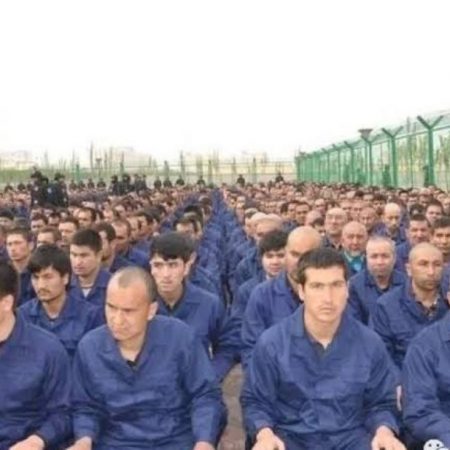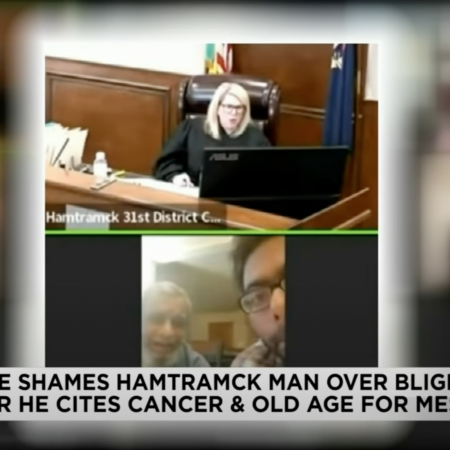New Media in the Islamic World
By Geoffrey Cook, MMNS
San Francisco
This report is of the first of two seminars held in the San Francisco Bay Area during the very end of last winter. The purpose of the two meetings was to scrutinize the emerging pressures that the new technologies have had in altering the political discourse in these various societies.
The moderator, Wajahat Ali, the associate editor of www.altmuslim.comand a regular blogger independently on his own, began with the statement that “The revolution will be tweeted†– referring to Twitter accounts – “in the Twenty-first Century!â€
The first responder was Mohamed Abdel Dayem, the Program Coordinator for the Middle East and North Africa of the Committee to Protect Journalists. He remarked that the print media in his region of the world is full of lies. He had been sued for slanderous criminal defamation, and was imprisoned. Even amongst the reformed regimes it is not much better, for, instead of incarceration, the government is more inclined to levy (high) fines.
The broadcasting sector is controlled by the authorities. Now, they are pressuring the satellite stations to tow the political line, too. Curiously, a nation like Iran has a higher literary rate than Norway, but the average Persian gets his uncensored information through the independent blogs or social networking. Although governmental manipulations are slipping, oppressive penal codes are being applied to the online media. One of the ways administrative power is being applied is through harassment of the individual and — even more frightening — towards his/her family. Some of the bloggers are so badly smeared by the State that they cannot even acquire a “day†job.
This creates a tense situation for the alternative journalist. Yet, the bloggers are successful media commentators!
Huma Yusuf is a freelance journalist based in Karachi. She is a regular contributor to such diverse publications as Dawn, Pakistan’s leading English-Language newspaper, and Boston’s Christian Science Monitor.
President (a.k.a. General) Pervez Musarraf after his 1999 coup lessened restrictions upon the press, but towards the end of his service as the CEO (Chief Executive Officer as he “Constitutionallyâ€) referred to himself to himself, his Administration became much more restrictive to the point of blocking cell phones in 2007 towards the end of his rule. After which the news-starved public went so far as to resort to texting as their major tool of mass communication.
Over ten million people have Internet access, but 8% of those are students. Therefore, blogs and SMS have become important emerging modes of transmission for public information that at one time were within the “perimeters†of newspapers and broadcasting.
Huma is optimistic for the future despite the imposition of “cyber terrorism†laws,†for their language for the most part is imprecise.
Muhamad Ali, an Indonesian professor, serving in a California University presently, stated that at first his native nation attempted to silence their indigenous Internet. The use of the Internet is fairly common amongst the urbane classes. The average user was not particularly efficient, but the Indonesians have employed the cell phone better although the Islamists have utilized the Internet better in and of itself.
The permission to tolerate terrorism lies within a mistaken narrative of religion. Curiously, the freedom of religion is the raison d’etre toleration for the terrorist. Then, “How is terror integrated into society?†The citizen tries to understand terror itself. “The perpetrators become the victims.†The police should endeavor not to violate the human rights of those commit organized violence, for the claim is made in Indonesia that “…they [the authorities] are trying to attack Islam.†The terrorist are not the traditional Jihadists. They have been incorrectly indoctrinated. In the Archipelago, terrorism has been intertwined with Nationalism. The Islamist of insular Southeast Asia is more ambiguous than their liberal rivals. They have developed an ideology that is a product of the local and the global. Their number one enemies are the Americans and the Jews (Zionists). The new media
has had a tremendous on producing this world view!
Haroon Moghul is the director of Public Relations for the Islamic Center of New York as well as a blogger on the affairs of South Asia, the Middle East, Islam and Muslim Americans besides a novelist.
Haroon began with his claim that the new media has changed Islamic discourse in and of itself. For the most part the great majority of Islamic States are weaker than the leading non-Islamic countries presently.
The forces of the new media have not led to liberalization in all cases. Al’ Jazeera is the first instance that an Islamic-dominated news-gathering organization has existed independent of the West and regional nations, for, as he pointed out, Muslims are colonizing each other.
On the other hand, Islamabad’s English-language Colonial past has allowed it to manage the Western mind processes the best within the Muslim world. Unfortunately, Muslims within the West are not fully integrated with the West’s ways – this is especially true in the new foundations of law encountered.
Where will this lead? In the normally liberal Nordic nations of Denmark and Sweden, there has been a great deal of hostility to Islamic settlers there. Many Muslims do not feel fealty to their adopted nation-states in Northern Europe. Will this undermine (or corrupt) the State? Only time will tell.
The final speaker that night was the Malaysian blogger and government official, Nik Nazmi Nik Ahmad. Malaysia is a tremendous varied populace. Thus, it took to high tech and the Internet early. Malaysia is a diverse Muslim majority land that works! Amazingly, 55% of their population employs the Internet inside their daily lives. Blogging has become a force to contend within the Parliamentary (Constitutional) Monarchy. “Blogging has become a force which to come to terms,†but it can have a negative effect, too.
While the bloggers “…are reaching a new media with the new media,†traditional scholars are lagging behind in relaying their messages. The Blogging (religious) scholars are modernists (because of their methodology of communication). This new media is progressing Islam!
12-27













2010
797 views
views
0
comments